No-Till FARMING
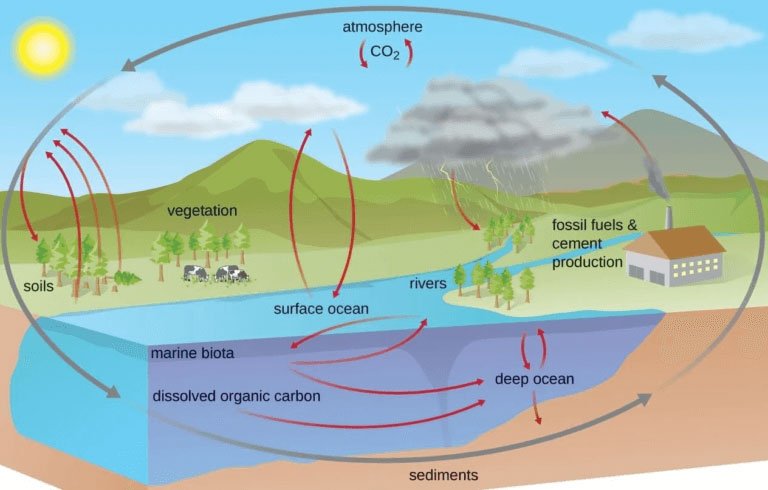
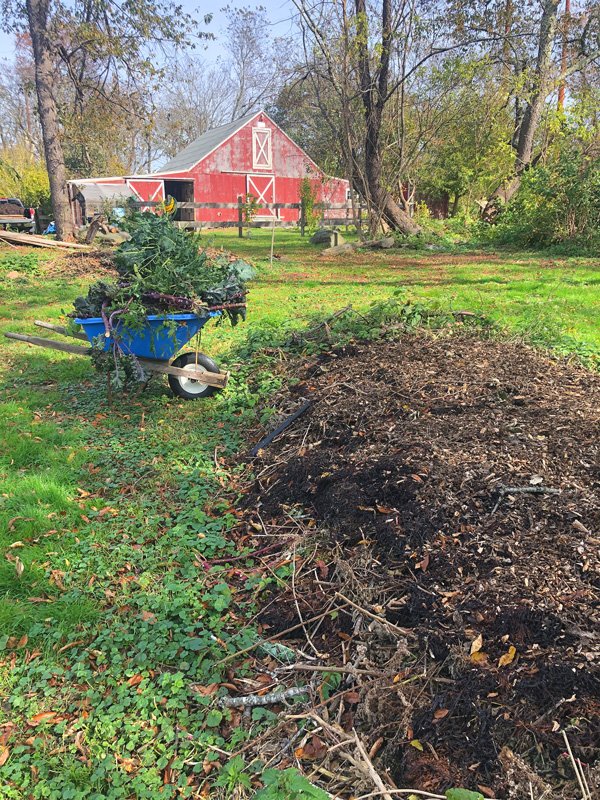
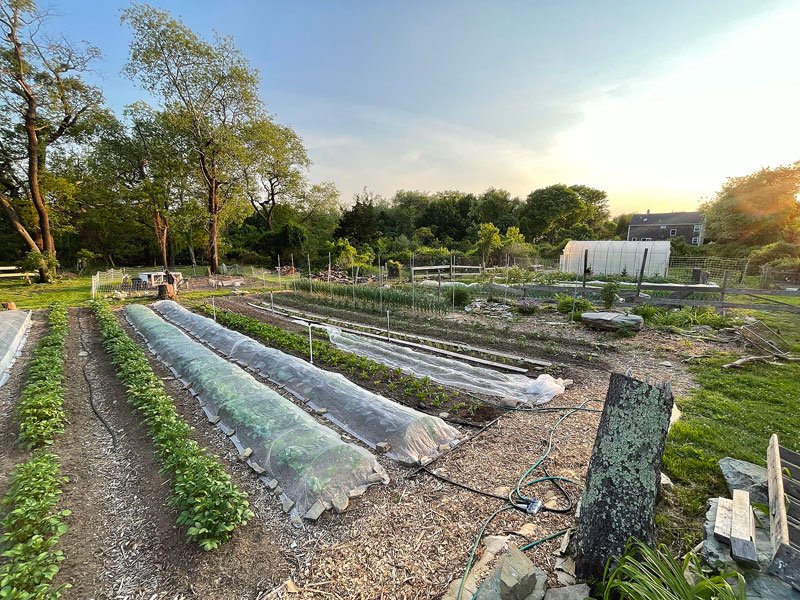
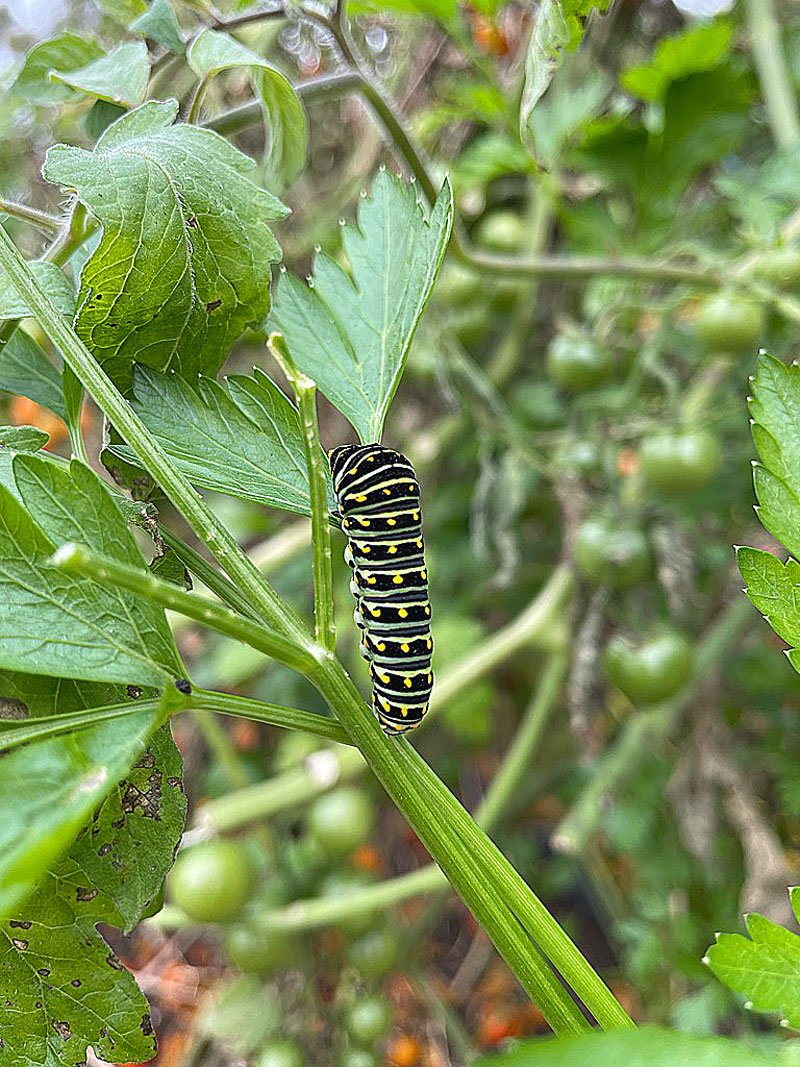
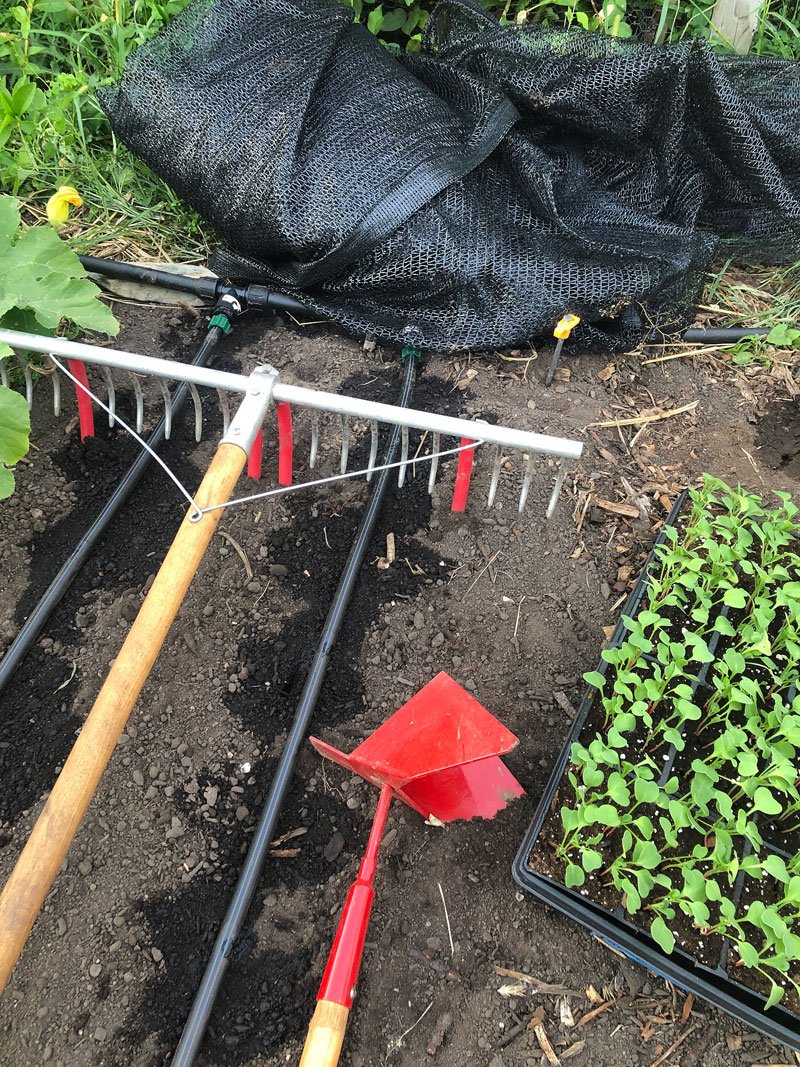
No-till market gardening is a farming method that has been gaining popularity in recent years due to its numerous benefits. This type of farming involves planting crops without disturbing the soil, which means that soil life is preserved and the ground is not left vulnerable to erosion. One of the methods used in no-till farming is deep composting, which involves adding organic matter to the soil in layers, rather than tilling it in.
Deep composting is an effective way to improve soil fertility and enhance soil life. By adding organic matter to the soil, the microbial population is increased, which in turn helps to break down nutrients and make them available to plants. This process also helps to improve soil structure, which allows for better water retention and drainage. The result is healthier plants that are more resistant to disease and pests.
Another benefit of no-till farming is carbon sequestration. When organic matter is added to the soil, it is stored as carbon. This means that no-till farming can help to reduce the amount of carbon dioxide in the atmosphere, which is a major contributor to climate change. In fact, some studies have shown that no-till farming can sequester up to 1 ton of carbon per acre per year.
Many people also believe that food grown using no-till farming methods is better tasting and more nutritious. This is because the soil is richer in nutrients, which are then absorbed by the plants. Some studies have shown that crops grown using no-till methods have higher levels of certain nutrients, such as vitamin C and beta-carotene.
In conclusion, no-till market gardening using deep composting is an effective farming method that can improve soil fertility and enhance soil life. It also has the added benefit of carbon sequestration, which can help to mitigate climate change. While more research is needed to confirm whether food grown using no-till methods is better tasting or more nutritious, it is clear that this type of farming has numerous benefits for both the environment and for farmers.
